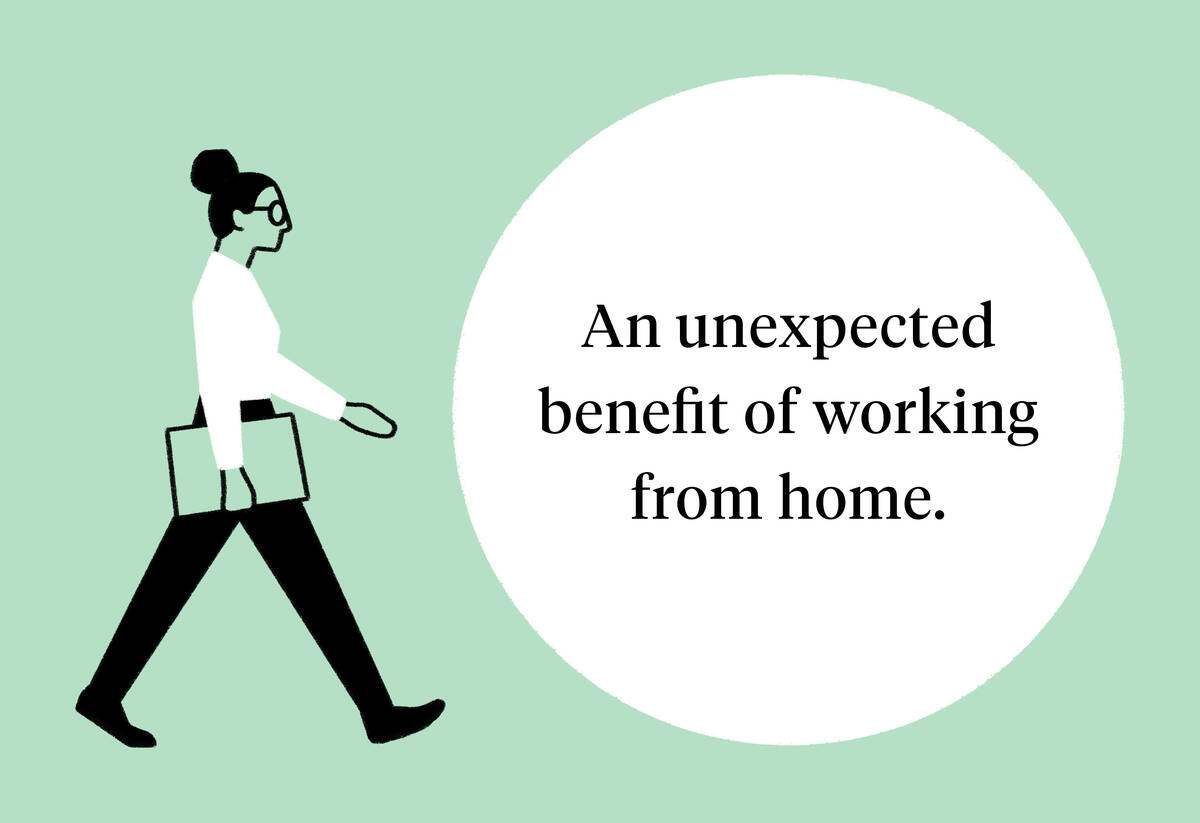Leadership Apr 15, 2020
Podcast: Sure, Take That Zoom Call in Your Sweatpants. It Might Make You a Better Person.
When we stop compartmentalizing our home and work selves, we tend to act more ethically. Find out why on this episode of The Insightful Leader.

For the millions of employees who now find themselves working from home, the distinction between at-home and at-work identities has rapidly evaporated. After all, there’s no forgetting you’re a parent when your kids stumble into the background of a video call.
And this shift is likely to affect the way we make decisions. Research from Rima Touré-Tillery, an associate professor of marketing, suggests that these suddenly overlapping identities could lead people to act more ethically.
Note: The Insightful Leader is produced for the ear, and not meant to be read as a transcript. We encourage you to listen to the audio version above. However, a transcript of this episode is available here.



